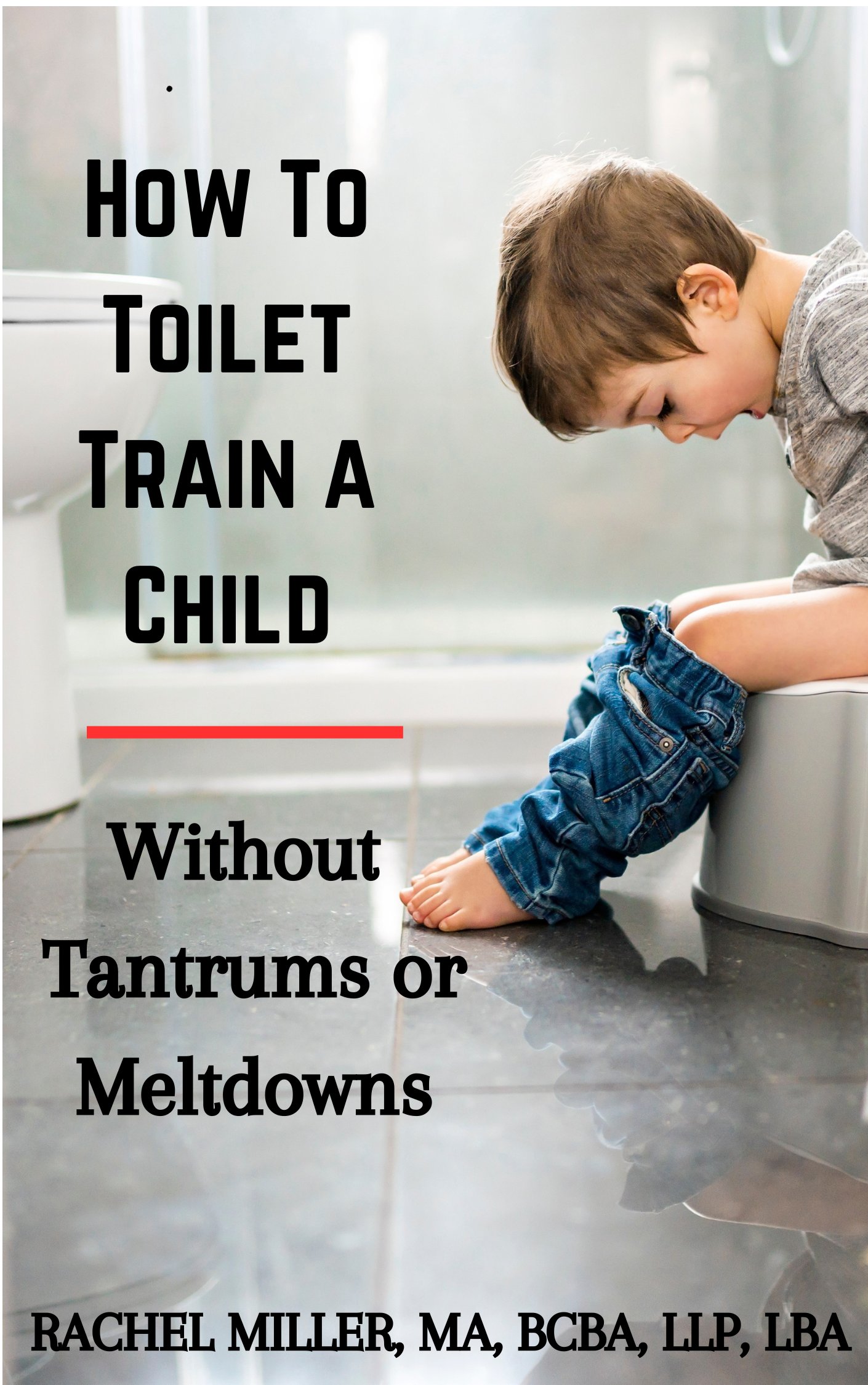Understanding Oppositional Defiant Disorder in Children: Symptoms, Causes, and Effective Strategies

Oppositional Defiant Disorder in children (ODD) is a behavioral condition characterized by a consistent pattern of angry, defiant, and vindictive behavior directed primarily at authority figures. While it's normal for children to assert themselves occasionally, those with ODD display these behaviors more frequently and with greater intensity than their peers. These behaviors can disrupt home life, school performance, and peer relationships.
In this guide, you'll learn how to recognize the DSM-5 symptoms of Oppositional Defiant Disorder, understand its potential causes, and explore evidence-based strategies for supporting children diagnosed with ODD.
What Is Oppositional Defiant Disorder in Children?
Oppositional Defiant Disorder is a type of disruptive behavior disorder most commonly diagnosed in childhood. Children with ODD display a recurring pattern of uncooperative, argumentative, and hostile behavior toward authority figures. These behaviors are more extreme than typical childhood defiance and persist for at least six months.
The condition can affect relationships with parents, teachers, and peers, often leading to long-term social and emotional challenges if left unaddressed.
Oppositional Defiant Disorder (ODD) is a behavioral disorder commonly diagnosed in childhood. It involves ongoing patterns of uncooperative, defiant, and hostile behavior toward authority figures, which go beyond the bounds of normal childhood behavior. These behaviors cause significant impairment in a child’s social, educational, or family life.
Common Symptoms of Oppositional Defiant Disorder

According to the Diagnostic and Statistical Manual of Mental Disorders, Fifth Edition (DSM-5), Oppositional Defiant Disorder in children is diagnosed based on the following:
A. A pattern of angry/irritable mood, argumentative/defiant behavior, or vindictiveness lasting at least six months, during which at least four symptoms from the following categories are present, and exhibited during interaction with at least one individual who is not a sibling.
Angry/Irritable Mood:
- Often loses temper
- Is often touchy or easily annoyed
- Is often angry and resentful
Argumentative/Defiant Behavior:
- Often argues with authority figures or, for children and adolescents, with adults
- Often actively defies or refuses to comply with requests from authority figures or with rules
- Often deliberately annoys others
- Often blames others for their mistakes or misbehavior
Vindictiveness:
- Has been spiteful or vindictive at least twice within the past six months
B. The behaviors cause clinically significant impairment in social, educational, or occupational functioning.
C. The behaviors do not occur exclusively during the course of a psychotic, substance use, depressive, or bipolar disorder. Also, the criteria are not met for disruptive mood dysregulation disorder.
Severity Specifiers:
- Mild: Symptoms are confined to only one setting (e.g., at home, at school).
- Moderate: Some symptoms are present in at least two settings.
- Severe: Symptoms are present in three or more settings.
Signs and Symptoms of ODD in Children
Children with ODD often appear stubborn, argumentative, and deliberately defiant. Common warning signs include:
- Frequent temper tantrums or outbursts
- Ongoing arguments with adults, especially parents or teachers
- Refusal to follow rules or accept responsibility
- Blaming others for their own behavior
- Excessive anger or irritability
- Difficulty maintaining friendships
- Intentional attempts to upset others
It's important to differentiate ODD from occasional disobedience that’s typical during certain developmental stages. ODD symptoms are more persistent and disruptive.
Causes of Oppositional Defiant Disorder in Children
The exact cause of Oppositional Defiant Disorder is not known, but experts believe it arises from a combination of biological, psychological, and environmental factors.
1. Biological Factors
2. Genetic Factors
Children with a family history of mental health disorders such as ADHD, depression, or personality disorders may be more prone to developing ODD.
3. Environmental Factors
- Inconsistent parenting or lack of supervision
- Exposure to abuse, neglect, or substance abuse
- High-stress environments or chronic family conflict
- Poor attachment or lack of positive adult role models
Treatment Options for Oppositional Defiant Disorder in Children
Effective treatment of Oppositional Defiant Disorder in children typically involves a multimodal approach, combining therapy, parental training, and support in school settings.
1. Parent Management Training (PMT)
This approach teaches caregivers how to reinforce positive behavior and respond effectively to defiance.
Key techniques include:
- Establishing clear expectations and consistent consequences
- Avoiding power struggles
- Rewarding desired behavior through praise or incentives
2. Individual Therapy
Cognitive Behavioral Therapy (CBT) helps children:
- Learn anger management techniques
- Identify and reframe negative thinking patterns
- Develop coping skills for stressful situations
3. Family Therapy
Family counseling helps improve communication and relationships, reducing the conflicts that may fuel ODD behaviors.
4. School Support and Intervention
Creating a behavior plan in collaboration with school staff can help the child feel more supported in the classroom. Strategies may include structured routines, positive reinforcement, and social skills training.
5. Medication (If Needed)
While there is no specific medication for ODD, children with co-occurring conditions like ADHD, anxiety, or depression may benefit from pharmacological treatment. These medications can reduce symptom severity and help the child engage more effectively in therapy.
Building a Positive Relationship: The Power of Connection
One of the most transformative elements of treatment for children with Oppositional Defiant Disorder is building a trusting and nonjudgmental relationship with the child.
This means:
- Spending time together in low-pressure settings
- Engaging in activities the child enjoys
- Showing genuine interest and empathy without demanding compliance
Children with ODD often feel misunderstood or unloved. Creating an emotional bond where they feel accepted can help reduce opposition and increase cooperation over time.
Why Early Intervention Matters
The earlier Oppositional Defiant Disorder in children is identified and treated, the better the outcome. Untreated ODD can escalate into more severe issues in adolescence, including conduct disorder, substance abuse, and strained family relationships.
Seeking help from a licensed mental health professional is essential. With the right support and intervention, children with ODD can develop healthy coping skills, improve relationships, and thrive socially and academically.
Final Thoughts: Hope for Children with ODD
Oppositional Defiant Disorder in children may be difficult to manage, but it is treatable. Through a combination of professional support, therapeutic interventions, and consistent, empathetic parenting, most children can overcome the challenges of ODD.
If you're a parent or caregiver struggling with a defiant child, know that you're not alone—and help is available. Early diagnosis, appropriate treatment, and a supportive environment are the keys to long-term success.
If you haven't already, be sure to check out my ebooks, now on Amazon!
References
1. American Psychiatric Association. (2000). Attention Deficit and Disruptive Behavior Disorders. In Diagnostic and statistical manual of mental disorders (Fourth edition---text revision (DSM-IV-TR). Washington, DC: American Psychiatric Association,100-102.
2. WebMD.Mental Health: Oppositional Defiant Disorder.
www.webmd.com. 11-25-09.

